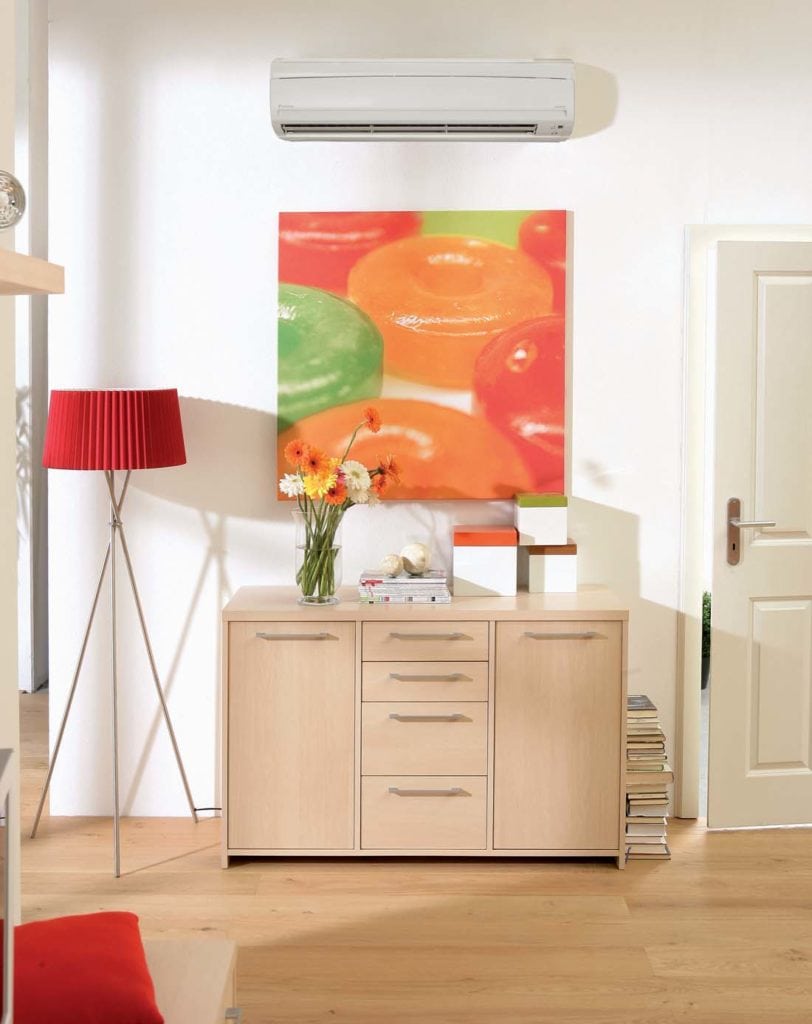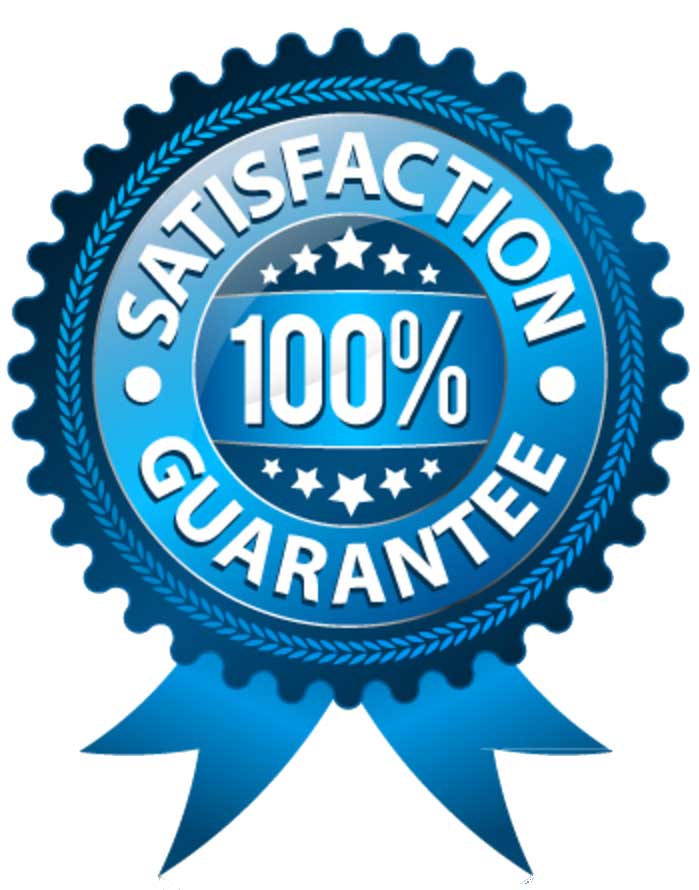KEEP YOUR PRINCESS WARM WITH...
Climate Heat Pumps (Air Conditioners)
Heat pumps provide simple, efficient heating and cooling
Heat pumps, also known as air conditioners, have become very popular in NZ because they are energy efficient, convenient and offer both heating and cooling modes. They are the most efficient way to use electricity to heat your home and can be installed in just about any location.
The science behind heat pumps
Have you ever noticed how a spray can gets cold while the nozzle is being pressed? This occurs because the temperature of gases drops when they are allowed to expand freely, a phenomenon explained by the second law of thermodynamics. A heat pump system leverages this same principal.
In a heat pump, electricity is used to drive a compressor in the outdoor unit . This pressurises a special refrigerant gas contained in a copper pipe, which heats up as pressure changes in the pipe. The pressurised gas then flows through the pipe to the indoor unit. Fans suck in air from the room, which is heated over the copper pipe and then released back into the room as warm air.
The refrigerant gas then passes back to the outdoor unit where it is allowed to depressurise rapidly, returning it to a sub-zero temperature. Fans in the outdoor unit draw in outside air and blow it over the cold pipework adding warmth to the refrigerant gas. This is where free heat is added. In fact, the outdoor unit pipework can get so cold that it can still be warmed when the outside air is very cold – even as low as -15C!
Once the free heat has been added, the refrigerant travels back into the compressor to be pressurised and reheated again. Electricity is only used to power the compressor, fans and control circuits and is not used for the direct generation of heat. Many heat pumps offer 4:1 efficiency, meaning that 4kW of heat can be generated from 1kW of electricity. In comparison, electric heaters generate 1kW of heat for each 1kW of electricity that is used.
Summer cooling
In summer the heat pump mode can run in a cooling mode, which reverses the flow direction of the refrigerant. In this case, we get cooling from the indoor unit and heat is released from the outdoor unit. Your refrigerator operates in the exact same way. The manufacturers of heat pumps have simply adapted the refrigeration cycle to produce a versatile home heating method.
Controlling your heat pump

Types of heat pumps
There are a wide variety of heat pumps configurations are available on the market today. Our consultants can advise which models are best suited for your needs and budget. It is also possible to have multiple indoor units fitted to a single outdoor unit. The most common configurations include:
- Heat pump high wall – indoor unit is wall mounted
- Heat pump floor console – indoor unit is mounted on the floor against a wall
- Heat pump cassette – indoor unit is mounted flush on the ceiling with the back of the unit penetrating the ceiling space
- Ducted heat pump and air conditioning – indoor unit hidden within roof space with air ducts to multiple rooms
- Bulkhead heat pump – a bulkhead is specially constructed to conceal the heat pump
- Window / wall heat pump – all in one unit that fits in a window space or through a wall (low cost solution)
- Portable heat pump – small capacity mobile unit, similar to a dehumidifier, with a discharge duct placed out through a window
Things to consider
Heat pumps come in various sizes. It is important to get a heat pump that is the right size for your space, as every heating or cooling situation is different. The size and type of heat pump required will depend upon several factors, including insulation, air leakage or ventilation, layout, number of windows and doors, and average number of people in the room. This is why it’s critically important to get our consultants to assist in the correct selection. Complaints about heat pumps occur most often due to an under or oversized unit and/or poor location choice.
When a heat pump is installed in a single room, some heat may flow into other areas, but it won’t be enough to heat your entire home. If you want to heat other areas of your home, you may need to consider installing extra heat pumps or a ducted air conditioning system.
Heat pumps available at Climate
At Climate we choose to supply and install quality brands of heat pumps that offer the latest technology and the best servicing guarantees. We have been installing heat pump air conditioning systems into homes, schools and workplaces, which has provided us valuable insight into the best heat pump brands.
The main brands we recommend for domestic and commercial installations are Daikin, Mitsubishi, and Panasonic. From within this range we will match your needs to the right system. There are options available for all budgets. We can provide you with a full warranty on any heat pump we install and can provide servicing and maintenance in the years to come.
It’s our job to make sure your heat pump is safe to use, works well and provides you with a cost-effective way to heat or cool your space.
Warm up with a heat pump
If you’re ready to get a heat pump installed, call us today (06 769 6410) to set up a free consultation. Alternately, use the contact form or stop by our showroom on Leach St. in New Plymouth.
View the Daikin heat pump range at our online shop www.climateathome.nz.

Overview
BENEFITS
- Energy efficient technology
- Improved air quality for asthma and allergy sufferers
- Cooling / dry mode can help reduce condensation
BEST SUITED FOR:
Almost any location
POWER SOURCE
Electricity
PRICING FOR UNIT AND INSTALLATION*
- Heat pump high wall range from $2,000 – $5,000
- Heat pump floor console from $3,500
- Heat pump cassette from $5,000
- Ducted heat pump (air conditioning) from $12,000
- Bulkhead heat pump from $5,000
- Window / wall heat pump from $1,150
- Portable heat pump $885 (no installation required)

